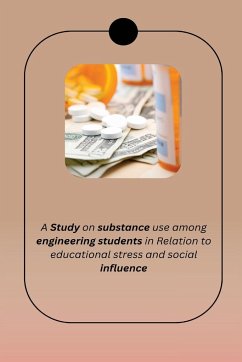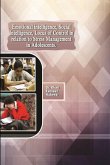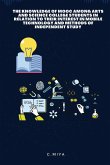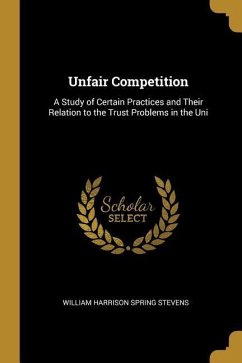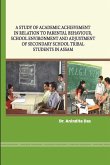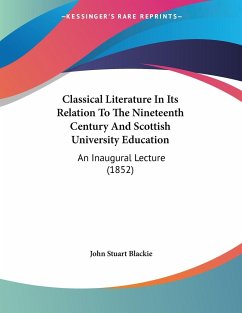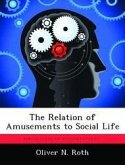Substance use conveys the use of psychoactive substances. Unfortunate cases of exalted substance use, abuse and addiction are found to prevail among children and young adults. The present study targets to examine two most potent reasons of substance use among students pursuing engineering degree (B.E/ B. Tech and B. Arch. An in-depth study on educational stress and various social influences was conducted to find out their triggering effects on substance use among students. Besides, certain demographic factors were also studied. Therefore, the Objectives of the study were: i) To find out the status of substance use among engineering students; ii) To find out substance use among engineering students in relation to educational stress.; iii) To find out substance use among engineering students in relation to social influence; and iv) To find out the effect of educational stress on substance use among engineering students in relation to social influence. Ancillary objectives were constructed to find effect of demographic background variables like, Gender, Management of the Institutions; Academic Year, Family Income; and Mode of Residence. Hypothesis: Basing on the objectives, thirteen null hypotheses were framed. Sample: The sample constituted of 500 engineering students belonging to different branches of engineering. Sampling Techniques: Simple Random sampling method was employed. Data Collection: Data was collected from public and private institutions/colleges/universities offering engineering degree. Instruments: Educational Stress scale; Personal Substance Use Questionnaire; and Social Influence Questionnaire were prepared systematically by the researchers. An information sheet was also provided to pool certain demographic data. Statistical techniques: As per appropriateness and pertinence, descriptive and inferential statistical methods were used. SPSS 17.0 was used for purpose of data computation. Result: The outcome of the study projected acceptation and refutation of the pre-set null-hypotheses. Overall, the present study helped in understanding the status and pattern of substance use among engineering students Therefore, the study helped to get a myopic view of the multifarious factors that propel students to use addictive substances.

